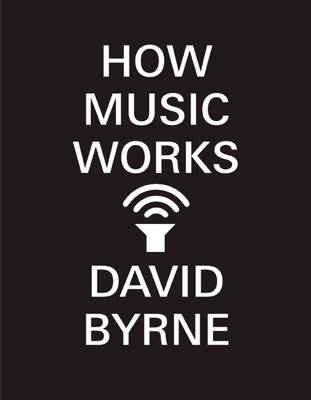Reviewed by lovelybookshelf on
How Music Works is a non-fiction loving, eclectic reader's dream. It covers history, culture, science, psychology, technology, politics, business, entertainment, and so much more, all with a hefty dose of memoir thrown in. Information and ideas are presented in a logical order, each point setting the foundation for ruminations yet to come.
The subject matter is what kept me listening; the narration was completely uninspiring. I wish the author had read the book, because I enjoyed listening to his prologue. Many times I wondered if narrator Andrew Garman either didn't understand what he was reading, or wasn't interested in it much at all.
The business aspects of the recording industry and how music scenes are created started to lose my interest. I also felt there were times when Byrne was overly and unfairly judgmental of the classical music world. But for the most point, Byrne had my brain whirling with thoughts and ideas. This book offers so much to think about and discuss. I was especially fascinated by the way our brains process sound, and how recordings have changed the way we listen to and judge the music we hear.
There was a beautiful explanation of the communal aspects of music: why people still attend live concerts when they can simply listen on their own devices at home, alone. And I loved when Byrne talked about the mixtape as an expressive form, communicating what we can't or are too shy to put into words. Eleanor & Park, anyone? :)
How Music Works is a thought-provoking journey through all the disciplines and details that guide our musical experiences.
Reading updates
- Started reading
- 13 December, 2013: Finished reading
- 13 December, 2013: Reviewed
